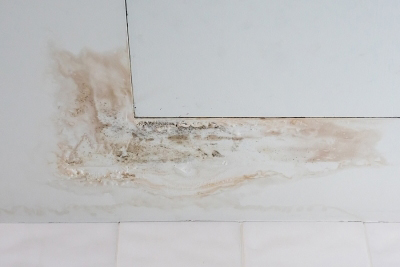HOW EXCESS MOISTURE ATTACKS YOUR HOME
The walls that surround us, the floor we stand on, and the ceiling above us all keep us separated from the elements, but sometimes moisture can find its way in. It could be a plumbing leak, or it could be a problem with your rain gutters in Houston, TX. Whatever the problem is, you should fix it as soon as you can to keep water damage and mold growth out of the house and reduce your energy bills. Here’s how excess moisture attacks your home.
Water Damage
If you lay in bed at night staring at the ceiling and you notice water spots, you might have a leak coming from upstairs or your attic. When rain gutters clog up, water can wash over the sides and onto your roof. Then, it may seep through the roof or your siding and make its way inside. When water is allowed to soak into the wood, it ruins its structural integrity over time and causes rot. In severe cases, you can even push right through the wall, which is not a good sign for your home.
Mold Growth
When water splashes out of your rain gutters and ends up in your house, it may be the beginning of a mold problem. Mold needs minimal nutrients in order to survive, and other than that, it only needs moisture and enough time to develop. Then, mold spores float around your house, ending up in your air ducts and circulating throughout the home via your HVAC systems.
High Bills
Some people rely on heaters, air conditioners, dehumidifiers, and other kinds of HVAC appliances to stay comfortable, but these bills add up quickly. You can keep the bills low by helping your units out whenever possible. More moisture in the home means your dehumidifier needs to work harder and consume more energy. Since it can inhibit your indoor air quality as well, your air purifier will also be working overtime. The cost of fixing a leak might be minimal compared to the money you could save in energy use if you controlled the moisture in your home.

““
